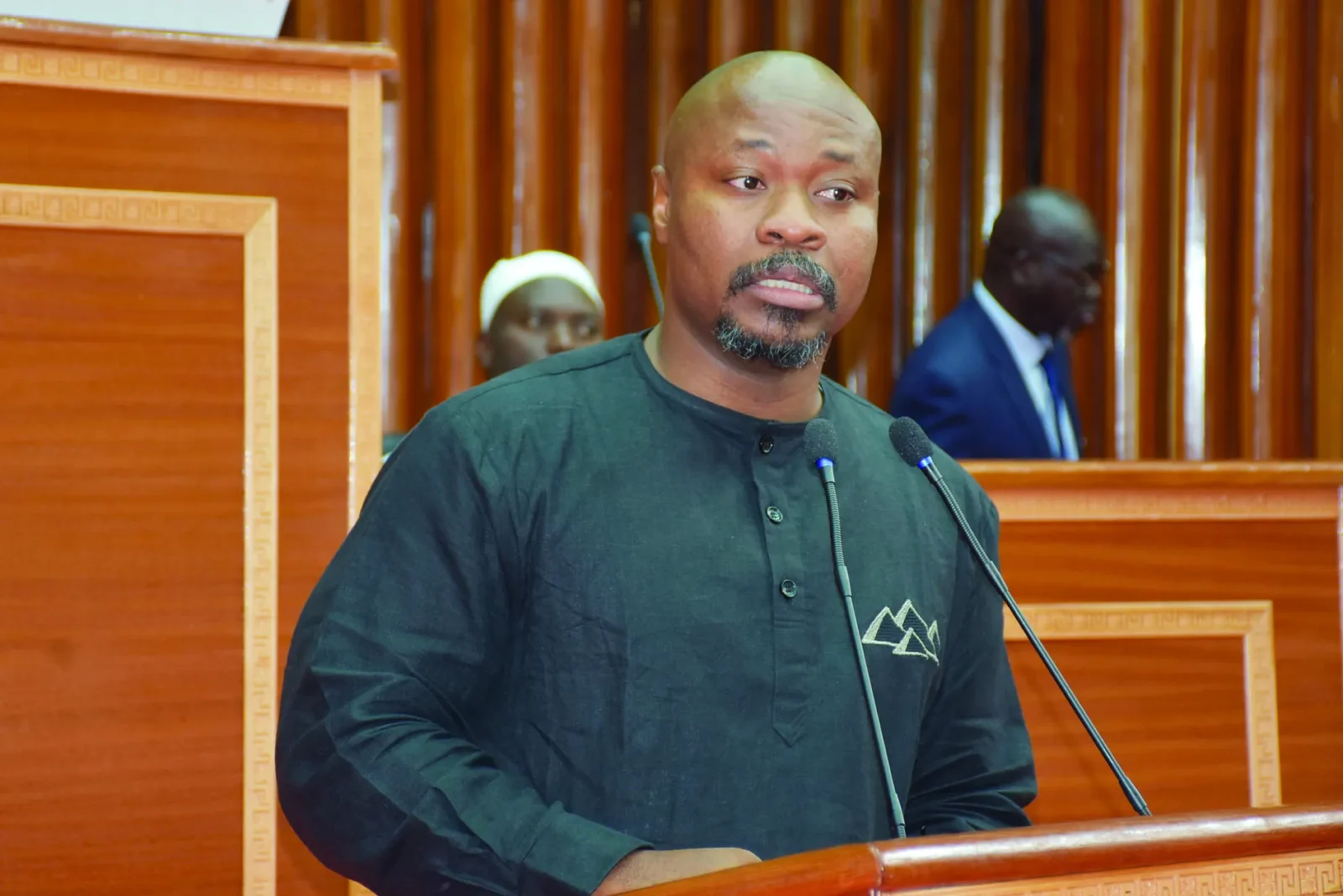Senegalese parliament faces transparency demands amid Guy Marius Sagna’s criticism

A recent critique by outspoken MP Guy Marius Sagna has stirred a national conversation around ethics, transparency, and privilege within Senegal’s National Assembly.
In his latest address, Sagna sharply condemned what he described as excessive benefits afforded to parliamentarians, including free food provisions, tickets for religious pilgrimages, and opaque budget allocations to parliamentary groups.
His remarks, delivered with his trademark activist fervor, were not left unanswered.
Abdou Ahad Ndiaye, a fellow member of parliament aligned with the ruling majority, issued a detailed response defending the institution’s ongoing reforms and offering a more measured interpretation of its operations.
According to Ndiaye, Sagna’s allegations, though rooted in genuine concern, paint an incomplete picture of parliamentary realities.
He pointed to recent structural improvements, notably the reactivation of several parliamentary committees that had remained dormant under previous legislatures.
“What we’re witnessing is the beginning of an institutional awakening,” Ndiaye said, noting that reforms are underway to rein in excessive spending.
One such reform, he revealed, took place in November, when a decision was made to eliminate individual transport allowances.
In their place, a collective solution—bulk procurement of vehicles for parliamentary use—was proposed to ensure equity and efficiency.
However, Ndiaye acknowledged the existence of inequality among MPs. “Some of us are fortunate to own personal vehicles.
Others lack the means to carry out their duties without logistical assistance,” he explained, emphasizing that not all benefits are signs of extravagance, but often a reflection of practical necessity.
As pressure from the public mounts for greater accountability, Ndiaye urged for “a calm and structured debate” on the modernization of parliamentary operations—one that separates populist outrage from the genuine complexities of governance.
The exchange has exposed deep tensions within the legislative branch, with public trust hanging in the balance.
Between calls for austerity and the practical demands of political representation, Senegal’s National Assembly is navigating a critical juncture—one that may well shape its credibility for years to come.
About The Author
dailymailafric
I am an avid African news observer, and an active member of Daily Mail Africa.
I’m Passionate about staying informed on diverse topics across the continent,
I actively contribute to publishing on political, economic and cultural developments in Africa.



